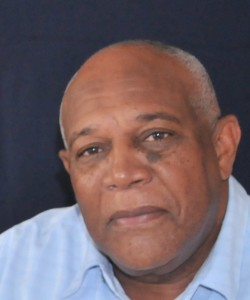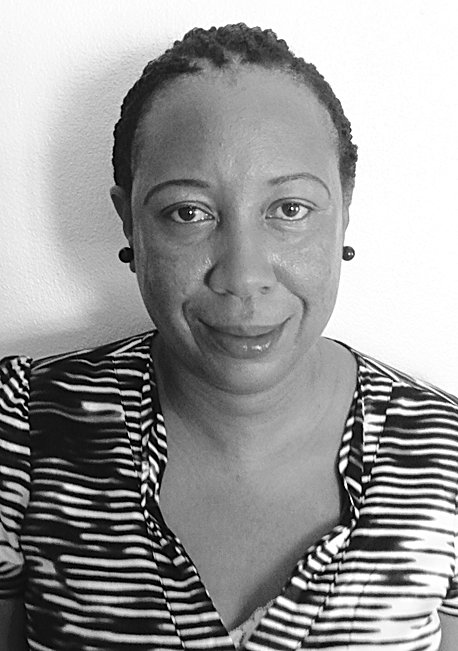
It would be impossible for me not to pay tribute in my column to my “surrogate father”, and friend, the late Charles Christopher Gumbs. “Charlie Gumbs” or “Charlie”, as he was affectionately known, was born ten years after the turn of the twentieth century and quietly passed this transitory life on April 28, 2014 to eternal abode with his Maker. He was blessed with over 103 years on this earth and this provided him with many tales and experiences of life in Anguilla for any and every one prepared to listen. And indeed they came from far and near to be entertained and enamoured by this affable storyteller and sage.
I am not here to talk about my personal relationship with “Charlie” and the special moments and times we shared. That would seem boastful. But rather I want to place “Charlie” in the rich context of Anguilla’s historic past far beyond the medals and accolades he received for the part he played as a hero of the Anguilla Revolution. For even as we celebrate the 47th Anniversary of the Anguilla Revolution we must be reminded that our history did not begin or end with those prideful events of 1967. There are many periods in the history of our struggles as a people that are cause for reflection –and men (and women) like “Charlie” played a crucial role in holding it all together.
Like many other Anguillians at the turn of the century “Charlie”, as the first or older sibling, had to take on parental roles for the survival of the family. It meant making sacrifices like giving up one’s education, and childhood, to assist one’s parents or parent in raising the younger children. These were among the cultural norms of early twentieth century Anguilla. For “Charlie” it meant leaving school long before his teen years to accompany close relatives to Santo Domingo to harvest cane to earn a living for the family back home. Were it not for such family arrangements our homeland, Anguilla, would be quite a different place.
The Great Depression of 1929-39 also had an effect on “Charlie’s” fortunes. It affected many Anguillian families who made sacrifices to send their children to the United States which had become the new frontier for enterprising Anguillians who had learned of the great opportunities there. While “Charlie” did not venture to the American mainland, he was in line for the effects the depression had on Anguillian families. Anguillians in the US, unable to cope with the expenses of raising their children, during this challenging period, were sending them back to Anguilla. Similar situations developed in Curacao and Aruba. “Charlie” honed his entrepreneurial skills during this period and began to search for business opportunities to make a better life for himself and his new bride at home. It was during this time and World War II that he and many other Anguillians became involved in small business ventures on the island and in the trading of crops and livestock in the sub-region. “Charlie” and other Anguillians soon built relationships with businesses in St Barths; St Martin; and as far as Guadeloupe. Were it not for such business arrangements, in those days, Anguilla would have been a different place.
“Charlie” was definitely among that band of pioneers “out to build a new Anguilla”. He was a pioneer in trucking; in taxi services; in villa rentals; in real estate development; and in ferry services. He was definitely a man of vision and foresight with an eye for a good business opportunity. He was a part of the same Anguillian psyche that drives Anguilians to be owners of their economy in all its facets. Were it not for such a tendency towards proprietorship, Anguilla would have been a different place.
All of these attributes and influences came from humble beginnings. And having made sacrifices for the survival of his siblings and family – at the expense of his own formal education – “Charlie” treasured education and training above all things. It was therefore an imperative for “Charlie” to create the opportunity and wherewithal for his own children’s education. The rest would then be up to them. These were the kinds of parents that afforded Anguilla the competitive edge it has today.
It is this kind of legacy, left by stalwarts of Anguilla’s struggle for survival, that must make us restless. “Charlie” and others like him have shown us how to succeed despite the constraints of our circumstances. It is also clear that they had a plan. It behooves Anguillians in this period to secure that legacy by applying the tried and tested principles of the past. So that “Charlie” and all our faithful departed may rest in peace.








